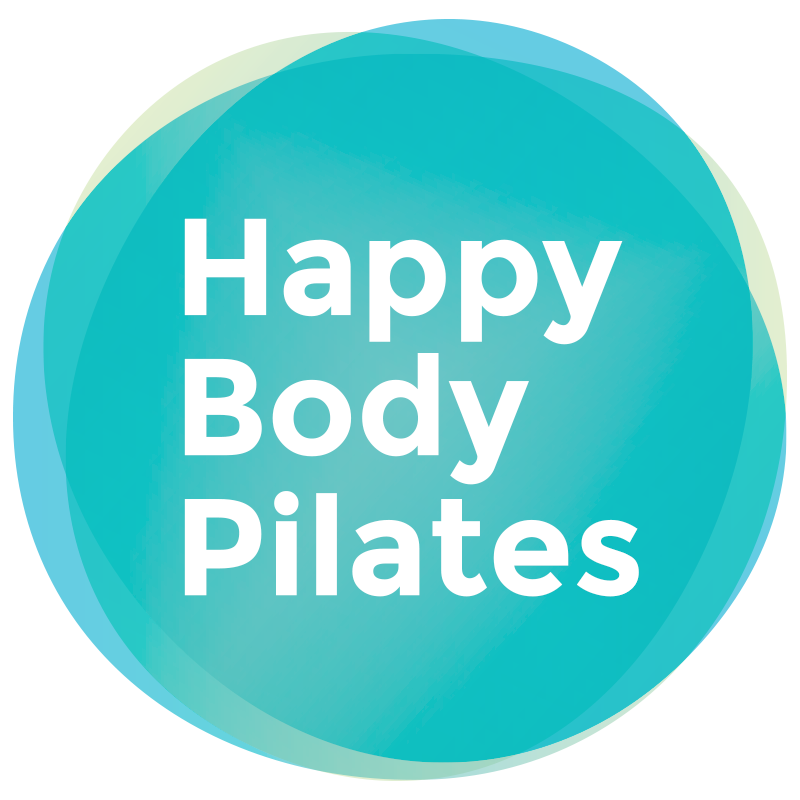Muscles aren’t just for show: why strength matters beyond aesthetics
When most people think about muscles, they picture toned arms, defined abs, or athletes on magazine covers. For years, the fitness industry has encouraged us to see muscles as purely aesthetic, something to ‘show off’ rather than something to live with.
But here’s the truth: muscles aren’t about vanity. They’re about utility. They’re the foundation of how we move, how we age, and how we stay independent. And if you’re over 40, understanding the value of muscle, beyond appearances, is one of the most important health shifts you can make.
A recent conversation between performance scientist Andy Galpin and the ZOE podcast summed this up perfectly: muscle is one of the body’s greatest protectors. It’s not just ‘extra tissue’ sitting under your skin, it’s a dynamic, living system that influences everything from your metabolism and brain health to your ability to slow ageing.
So let’s look at why muscles matter, far beyond the mirror.
Muscles are your engine for daily life
Muscles aren’t just about looking fit, they’re what let you climb stairs, carry shopping bags, stand up from a chair, or play with your children or grandchildren.
As we age, muscle naturally declines in a process called sarcopenia. Without intervention, this can lead to weakness, frailty, and loss of independence. Many studies estimate that from the age of 30 onward, healthy adults may lose around 3-5% of muscle mass every decade, and the decline speeds up after 60.
The good news? Regular strength training slows this decline, and in many cases, reverses it. That means more strength for the activities that actually matter in everyday life.
Muscles protect your bones, joints, and balance
Strong muscles act like scaffolding for your body. They protect joints, absorb impact, and keep your skeleton aligned. This becomes crucial with age, as bone density declines and the risk of fractures rises.
Research shows that strength training helps maintain and even increase bone density in older adults, reducing the risk of osteoporosis and fractures.
It’s not just about lifting weights in the gym, it’s about lifting your own body safely, keeping your back strong, and preventing falls that can have life-changing consequences.
Muscles are a metabolic powerhouse
Muscle tissue isn’t passive. It’s metabolically active, meaning it burns energy even at rest. The more lean muscle you have, the better your body regulates blood sugar, insulin, and energy balance.
It’s also linked to better weight management, not because of ‘burning calories’, but because muscle fundamentally changes how your body uses energy.
Think of muscle as your body’s built-in metabolic engine. Keeping it strong helps you feel more energised and resilient every day.
Muscles and the mind: the brain-body connection
One of the most exciting areas of research is how muscle affects the brain. According to Andy Galpin, muscle is closely linked to cognitive function, memory, and even mood. In fact, contracting muscles release molecules called myokines, which travel through the body and influence brain health, inflammation, and ageing.
That means every time you lift, push, or pull, you’re not just training your body, you’re supporting your brain and long-term mental health.
Why chasing ‘aesthetics’ misses the point
It’s easy to focus on looks. We’re bombarded with messages about ‘toning up’ or ‘slimming down’. But strength training isn’t about sculpting the perfect body, it’s about creating the capabilities to live fully.
When you have strong muscles, you:
Get up from the floor with ease
Carry heavy shopping without strain
Play with children without worrying about your back
Travel and explore without fear of falling
These benefits don’t fade when the mirror isn’t flattering. They’re the ones that keep you active, independent, and confident for decades to come.
Bringing it all together: Pilates + Strength
At Happy Body Pilates, I focus on a Pilates-informed approach to strength. That means not just lifting weights, but moving with awareness, posture, and breath.
This approach makes strength training accessible and safe - even if you’re new to it, nervous, or worried about injury. It’s not about bodybuilding. It’s about building a body that supports you in daily life.
Ready to build strength that lasts?
If you’ve been putting off strength training because it feels ‘not for you’, I encourage you to look again. Muscles are not about vanity - they’re about vitality, longevity, and freedom.
My Strength Training Programme is designed specifically for adults over 40, whether you’re brand new or ready to progress:
Level 3: Advance your strength, technique, and resilience
Muscle is the best investment you can make in your long-term health. Let’s start building yours.

